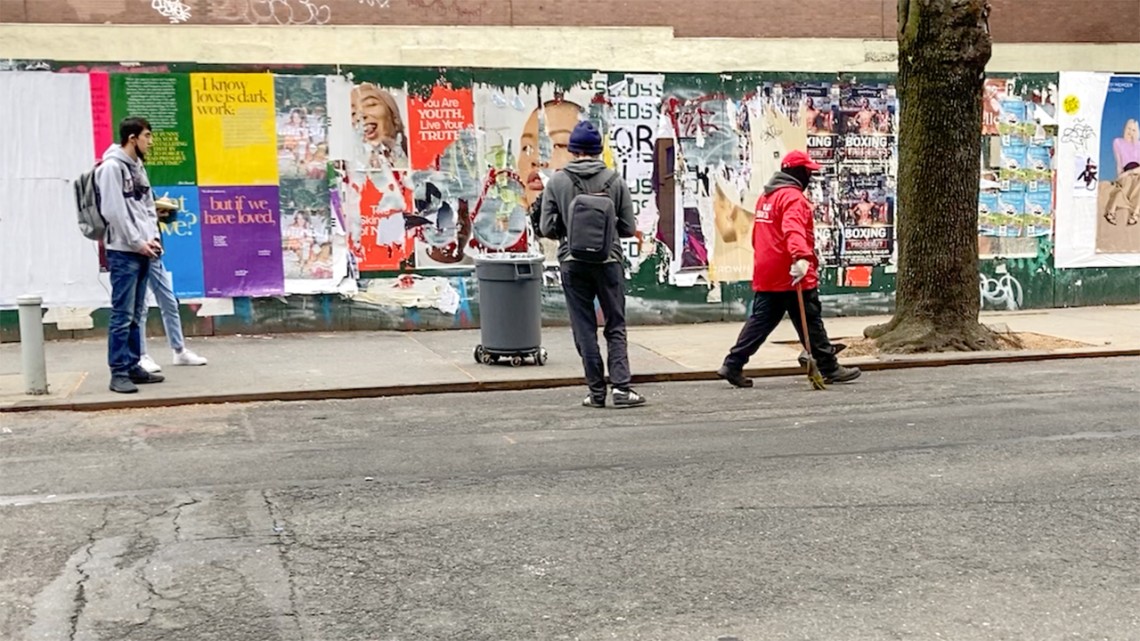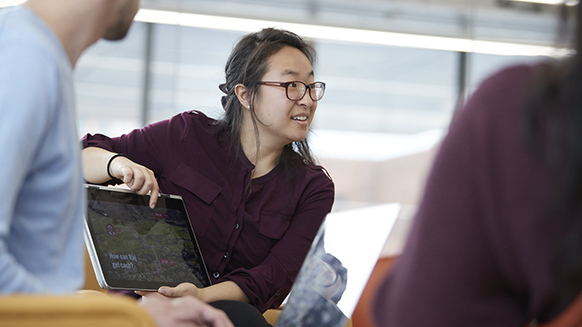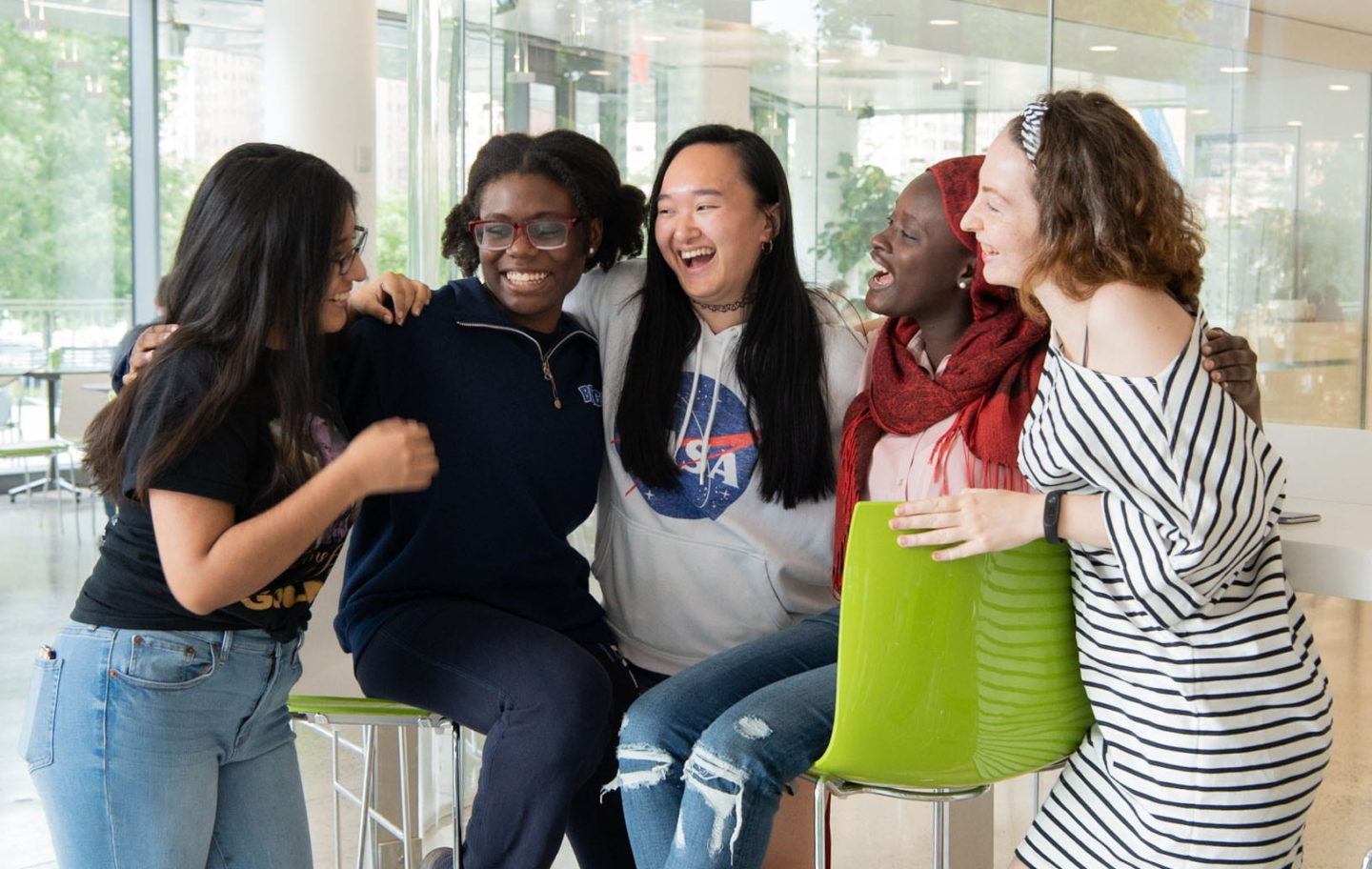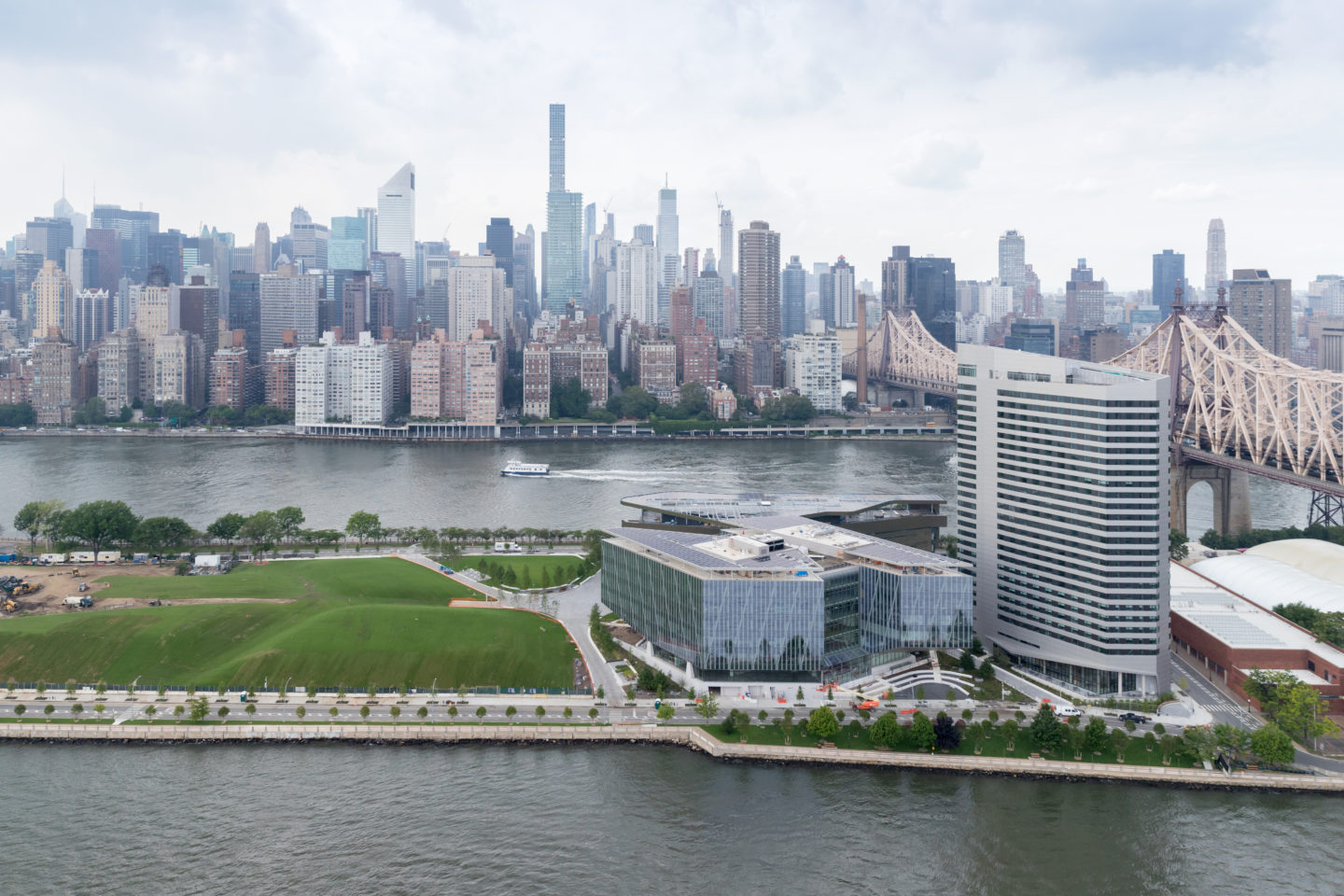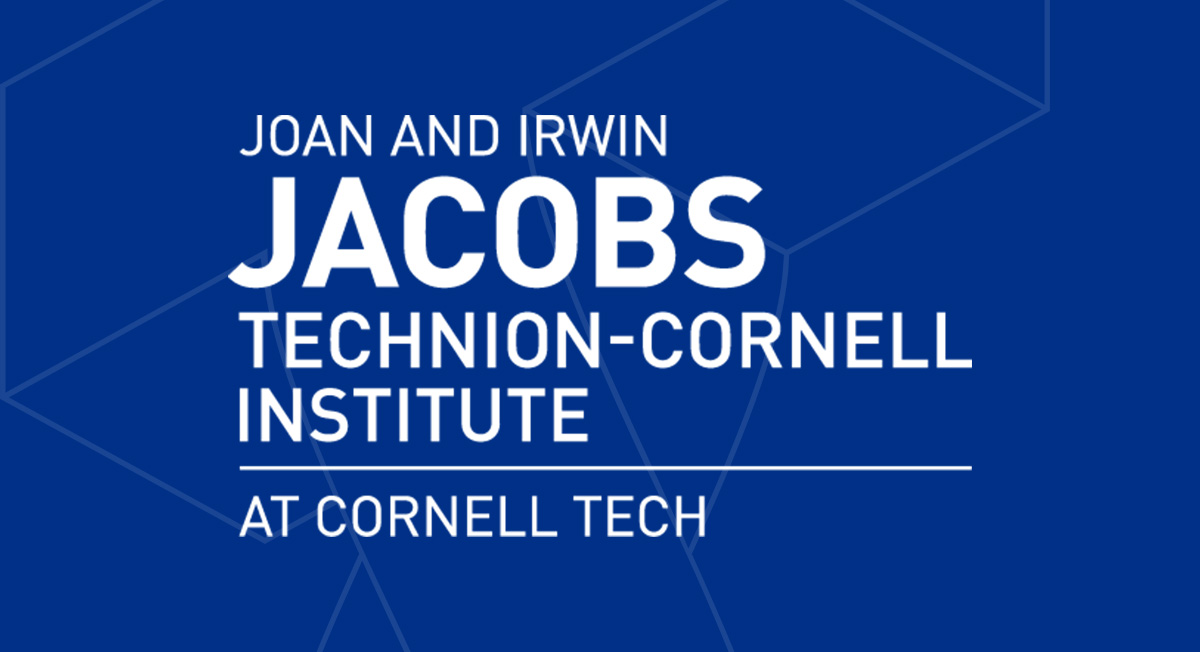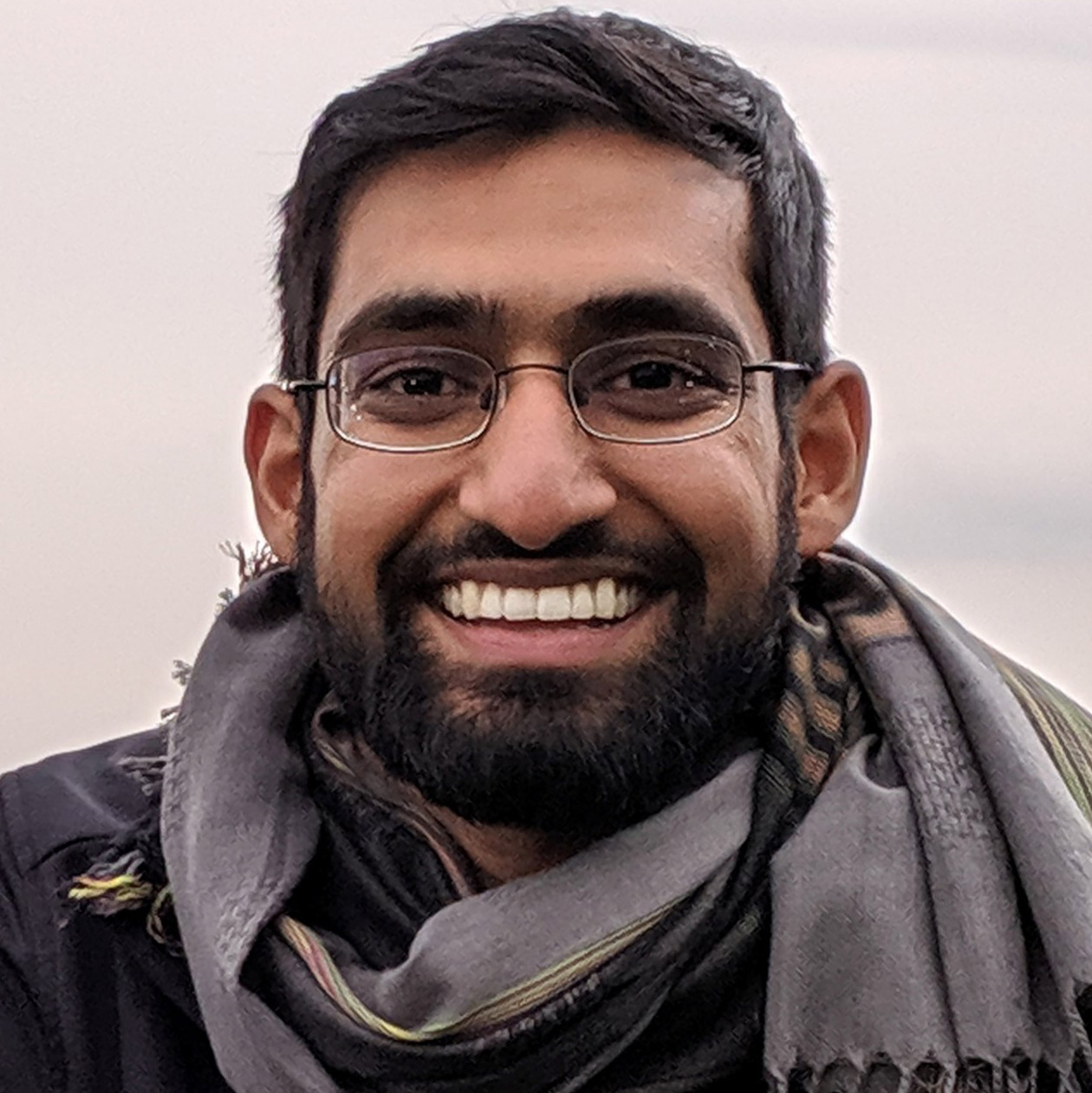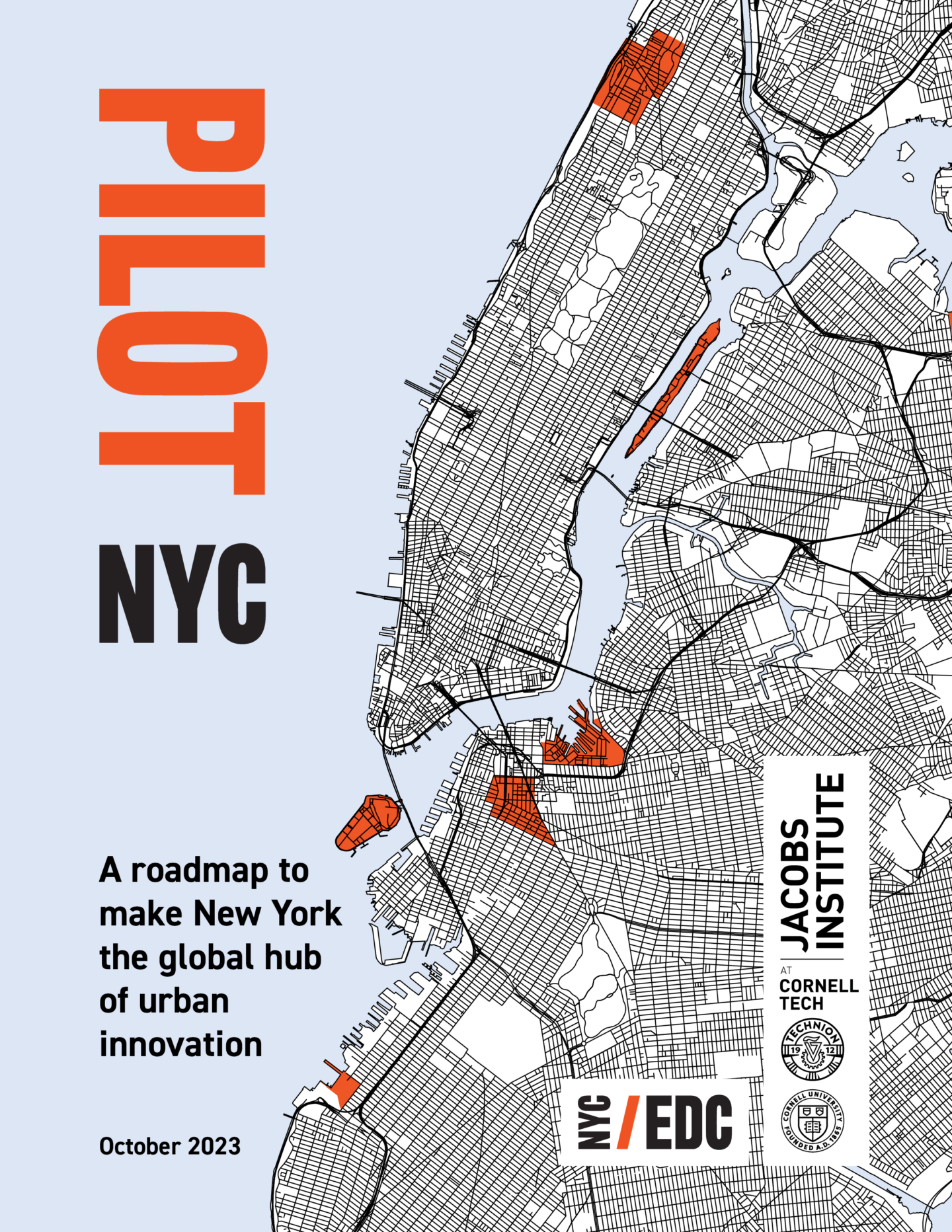

Jacobs Technion-Cornell Dual Master of Science Degrees with a Concentration in Urban Tech
Want to learn more?
Request Info
Urban Tech at Cornell Tech
Specialize in Systemic Transformation


Build Tech for People

Learn in a Lab Like No Other
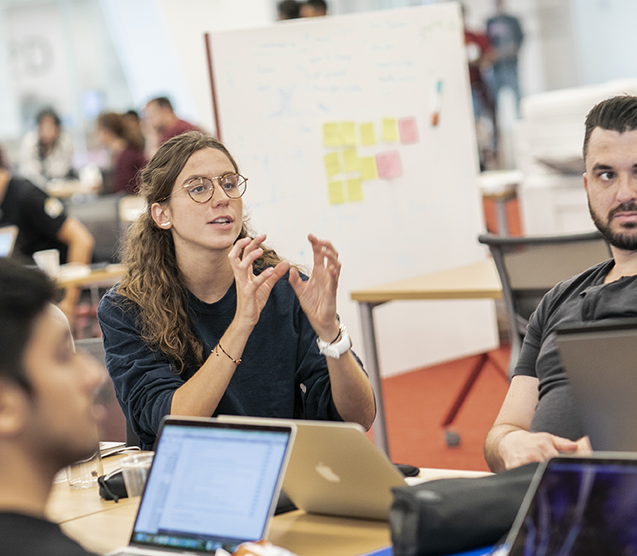
Flexibility & Collaboration
No two Urban Tech students are alike, except for one thing: a deeply held belief in the possibilities tech holds for improving human lives in cities. You’ll study with renowned faculty from Cornell Tech, Cornell University, and the Technion. You’ll work in a collaborative setting with smart people experimenting with different disciplines and exploring their own potential. Then, you’ll present your work to experts from the larger New York tech community to test its viability. The freedom to study outside your technical area and the “radical collaboration” you’ll experience with students from every other Cornell Tech degree program will help you build strong ties that will serve you throughout your career.

What Is Urban Tech?
A defining characteristic of urban areas is density – of built structures, people, vehicles, businesses, and a broad array of resources. With this concentration comes enormous numbers of connections between the elements. As a result, modern cities are immensely complex interlocking systems of systems, yielding many challenges – and unique opportunities.
Urban Tech is the development and deployment of technology that helps residents, workers, and governments manage density and transform it into an advantage for all who live in, work in, and visit cities. In some cases, it is technology that is used exclusively in dense urban areas, like mass transportation, “smart” skyscrapers, and optimized surge traffic pricing. In others, it is technology that is used broadly but has a substantial role and unique challenges in the city, like autonomous vehicles, broadband networks, and efficient package delivery.
Three-Part Curriculum
Technical Courses
Experiment with applied machine learning, human-computer interaction, algorithms, data structures and more in rigorous computer science and engineering courses.
Urban Tech Courses
Complement your tech skills with an understanding of cities as complex systems of systems, urban data, urban design strategies and case studies, behavioral economics, social theory, and more.
Studio Courses
Practice leadership, product design, startup management and other skills on teams with MBA, law, and engineering students in this required component of all Cornell Tech programs.
Technical Topics
- Applied Machine Learning
- Augmented Reality & Virtual Reality
- Computer Vision
- Cryptography, Cybersecurity, and Blockchain
- Data Modeling
- Data Mining & Signal Processing
- Human-Centered Design and Interaction Design
- Human-Computer Interaction (HCI)
- Information and Communication Technologies for Development (ICTD)
- Natural Language Processing (NLP)
- Physical Computing
Urban Tech Topics
- Architecture, Design & Placemaking
- Complex Systems
- Disaster Recovery & Resilience
- Environmental Issues
- Equity & Sustainability
- Housing
- Infrastructure & Services
- Land Use
- Mobility & Transportation
- Urban Data Challenges & Privacy
- Urban Decision-Making & Governance
- Urban Economics & Finances
- Visualizing GIS, Tabular & Graph Data
Studio Topics
- Product Management
- Leadership for Digital Transformation
- Law for Non-Lawyers
- Intellectual Property
- Marketing, Sales & Distribution
- Prototyping & Testing
- Startup Funding & Pitching
- Global Leadership & Multicultural Awareness
- Challenges of Entrepreneurship
- Solutions Architecture

Urban Tech Specialization Project
The two-semester Specialization Project gives you the opportunity to take a deep dive into a topic of your choosing, honing specialized skills, implementing novel prototypes, analyzing complex data sets, or pursuing user-centered design studies.
You will complete the project requirement in one of two ways:
Anchor Course + Self-Directed Project
- Fall: TECH 5901: Intro to Spec — 1 cr
- Spring: Approved-anchor course* (3 cr) and 5920 (1 cr) — 4 cr
- Fall: INFO 5920: Specialization Project** — 4 cr
Faculty-Directed Independent Study
- Fall: TECH 5901: Intro to Spec — 1 cr
- Spring: INFO 7900: Independent Study — 4 cr
- Fall: INFO 7900: Independent Study — 4 cr
* Approved anchor course list available per program
** Projects may be done independently or with partner(s).
Featured Faculty

Anna Scaglione
Stephen M. Ross/Related Companies Professor
Anna Scaglione is a professor in the Electrical and Computer Engineering Department at Cornell Tech where she holds the Stephen M. Ross/Related Companies Professor Chair. She is part of Cornell Tech’s Urban Tech hub.
Areas of Research:
Machine learning
Signal processing
Networking
Energy systems
Academic Degrees:
Ph.D., Sapienza University of Rome, 1999

Andrea Lodi
Andrew H. and Ann R. Tisch Professor
Andrea Lodi is an Andrew H. and Ann R. Tisch Professor at the Jacobs Technion-Cornell Institute at Cornell Tech and the Technion. He is a member of the Operations Research and Information Engineering field at Cornell University.
Areas of Research:
Operations research
Academic Degrees:
Ph.D., University of Bologna, Italy

Emma Pierson
Andrew H. and Ann R. Tisch Assistant Professor
Emma Pierson is an assistant professor of computer science at the Jacobs Technion-Cornell Institute at Cornell Tech and the Technion where she holds the Andrew H. and Ann R. Tisch Assistant Professor Chair, and a computer science field member at Cornell University.
Research focus: The development of data science and machine learning methods to study inequality and healthcare
Career Outcomes
Cornell Tech offers best-in-class career management services to set you up for success after graduation. Our recent graduates have found full-time employment with leading companies such as Amazon-Fresh, CARMERA, Convergent Energy and Power, Uber, WeWork, Zillow and others. A number of graduates start their own ventures.
Diversity & Inclusion
Cornell Tech was founded to advance technology as a means to a better quality of life for all communities in New York City, across the nation, and around the world. Our best work results in ethical, inclusive, accessible technology for all users, especially the underserved and underrepresented.
Vital to that mission is building a diverse, equitable, and inclusive community of students, faculty, and staff. We seek to build things with — not just for — real people and believe in the power of participation and representation.
Cornell Tech Partners with the MTA
The Jacobs Institute co-hosted “A New Day for the MTA,” a recent conference with the Metropolitan Transit Authority (MTA) of New York City to explore solutions to an aging transit system that moves 8.6 million people a day. The conference continued Cornel Tech’s partnership with the MTA to incorporate emerging technology for the sustainability of the entire transit system.
Live in the Heart of NYC
With its central location in the heart of New York City, Cornell Tech provides its students with exceptional access to the city’s vibrant and growing tech sector and an immersive, authentic urban living experience. On-campus housing is available at The House at Cornell Tech, the first residential high-rise built to Passive House standards. In fact, the Cornell Tech campus is one of the most environmentally friendly and energy-efficient campuses in the world — and just one subway stop from Midtown.
Jacobs Technion-Cornell Institute
The Jacobs Institute fosters radical experimentation at the intersection of research, education, and entrepreneurship. Established jointly by Cornell University and the Technion-Israel Institute of Technology, our mission is to transform key industries through technological innovation, deep-tech startups, and uniquely skilled talent.
Who Should Apply?
We welcome ambitious students who have a fascination with people-driven technologies and a strong entrepreneurial spirit — and an abiding passion for the future of our cities. A formal academic background in computer science or engineering is not required, but ideal candidates will have strong quantitative skills and/or programming experience with an interest in the urban environment. We are looking for tech-savvy urban planners, architects and policy experts; and statisticians, engineers and computer scientists who are passionate about applications in urban settings.
We will take into account personal or professional experience in mathematics, economics, physical sciences or other quantitative disciplines. Essentially, your application should demonstrate somehow that you will be able to successfully complete the computer science component of the curriculum, as well as your interest in the human and social aspects of it. It should also show us where your desire to meld technology with urban systems comes from.
We especially welcome female applicants and encourage women considering the program to visit our Women in Technology & Entrepreneurship in New York initiative for information on fellowships and other types of support.
Employers in the urban tech ecosystem are frustrated with the typical urban planning or compsci graduate because they can’t work across disciplines or across systems. We’ve heard a clear need for candidates who can offer deep expertise in tech and a broad-based systems perspective — as well as hands-on work experience. Graduates of this program will be positioned to land better jobs in ‘cooler’ places and get to points of responsibility much more quickly than if they came out of a traditional degree program.”
About the Urban Tech Program
The concentration in Urban Tech will welcome its inaugural class in Fall 2020. The concentration is the result of a collaboration between the Jacobs Technion-Cornell Institute, the College of Architecture, Art and Planning, the Faculty of Computing and Information Science, and Cornell Engineering.
Though the Urban Tech concentration is new, the focus on developing emerging urban tech tools is not new at Cornell Tech. More than a dozen teams of graduate students are currently working on Urban Tech projects in the Product Studio course, where students across Cornell Tech’s seven masters programs tackle real-life challenges posed by businesses and organizations.
In partnership with ARUP, the MTA, the New York City Mayor’s Office, the City of Holyoke and many more organizations, students are already developing new technologies in response to questions such as: “how might cities reduce gas consumption and greenhouse gas emissions as we move towards a renewable future?”; “how might we improve access to transportation for people with special needs?”; and “how might we enhance safety for domestic violence survivors in their homes and communities?”
The degree program is part of The Jacobs Institute’s new Urban Tech Hub, which will also include applied research and startups. The Urban Tech Hub was established in part thanks to the Julis Rabinowitz Family, who provided support for the necessary research and scoping to ensure the hub was meeting industry needs.

Love Where You Live & Learn
Check out the groundbreaking Cornell Tech campus with a virtual or in-person visit.
Related News
